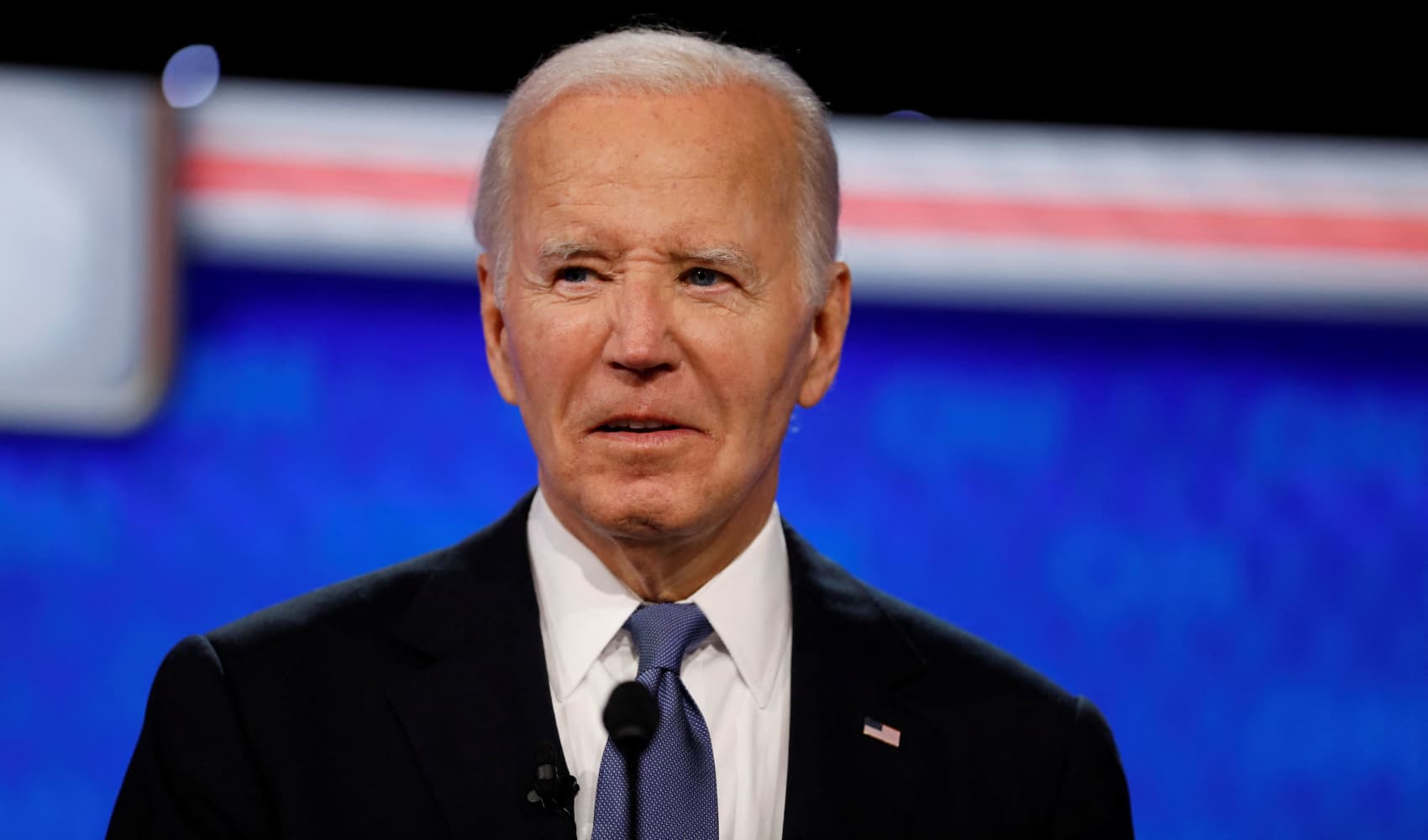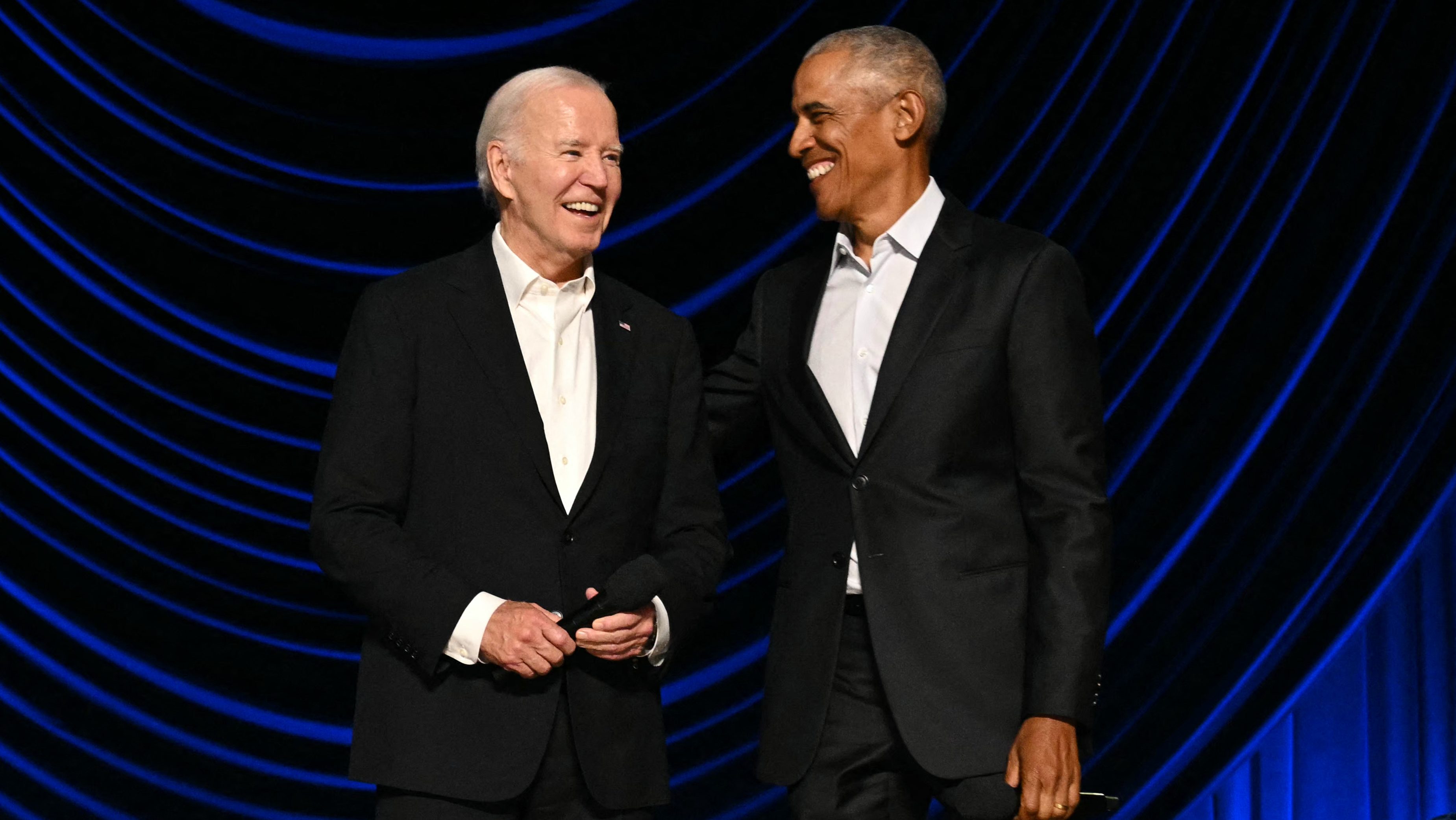Young voters may be the ones who decide the 2024 election. They will be key in November, but right now, they aren't thrilled with their choices for president.
As the election season heats up, a new survey backed by the University of Chicago provides insight into what people 40 and under are thinking about the state of the country and what's to come.
"I think the signal right now is that they are unhappy with the two candidates, that they will take seriously a third party candidate, [and] if all else fails, they will consider just staying home and not voting at all," said University of Chicago political science professor Cathy Cohen.
Those were key findings of the Gen-Forward survey in May, which was founded by Cohen. Across the nation, about 2,000 people age 18 to 40 were asked key election questions, oversampling by race.
The poll showed President Joe Biden has lost support among young voters, especially people of color. However, what remains to be seen is how young people will vote or whether they'll vote at all. That could be the difference between who wins or loses in November.
"I do think there are real red flags for the Biden campaign, in particular among African American and Latinx young adults," Cohen explained.
After four years of Biden's presidency, most young people surveyed don't believe the country is headed in the right direction. When asked who they'd vote for today, 33 percent of the voters surveyed said Biden, 31 percent backed former President Donald Trump and another third said a third-party candidate or "someone else." Compare that to who they said they voted for in 2020: 60 percent said Biden, 31 percent said Trump.
There are also divides between Millennials and Generation Z voters.
"Gen Zers surprisingly seem to be more open to thinking about a Trump candidacy," Cohen said.
Feeling out of the loop? We'll catch you up on the Chicago news you need to know. Sign up for the weekly Chicago Catch-Up newsletter.
Last week, the Democratic National Convention Committee announced it would allow content creators, or influencers, to apply for media credentials for the first time in convention history, which could be a signal the party realizes it needs to capture younger audiences.
Turning to the issues they care about most, Cohen said it's "inflation, inflation, inflation." Across genders and races, the economy, grocery prices and the job market are top of mind, marking a shift among young African Americans, for example, who previously considered racism or police brutality the most important election issue. It also may be surprising, given the protests on college campuses this year, that most young people polled aren't paying enough attention to the war in Israel and Gaza to provide an opinion or consider it a main election issue.
What is a main issue for young voters, though, is age. Ninety-one percent of young people surveyed are concerned about Biden’s age, while 73 percent said they’re concerned about Trump’s age.
"When you ask who would be the strongest leader, young people in general say 'Trump.' If you ask who's best able to handle inflation, pluralities of young people say 'Trump.' When you ask who is best able to handle immigration, again, young voters in plurality, say, 'Trump,'" Cohen said.
The exception is reproductive rights. Thirty-four percent of young people think Biden will do the most to protect the ability to have an abortion, compared to Trump's 16 percent. Cohen is anticipating lower levels of turnout among young voters and, especially in swing states, that could make the difference. Her recommendation to both candidates: Refine your messages to young people.
"Is Biden, for example, able to remind voters 'I actually brought inflation down and I can continue to do that'? Will Trump leverage this issue of immigration?" Cohen asked.
The poll will be conducted again in July after the Republican National Convention, and results will be made public before the DNC.



